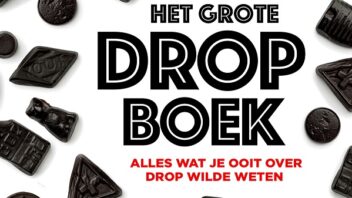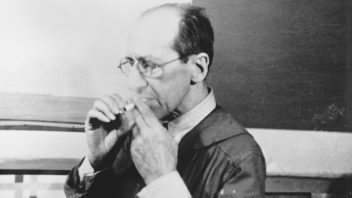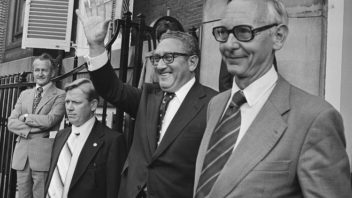Four unknown letters from Mondrian discovered
The RKD discovered four unknown letters from Piet Mondrian in the archive of the Hollandsche Kunstenaarskring (Dutch Artists’ Circle). The letters from Mondrian will be added to the Mondrian Edition Project, undertaken by Huygens ING and the RKD.
In February the RKD acquired the archive of the Hollandsche Kunstenaarskring (Dutch Artists’ Circle). It amounts to 31 objects in total from the period 1914-1957, including unknown correspondence from artists including Mondrian, Sluijters, Gestel and Charley Toorop. The letters from Mondrian will be added to the Mondrian Edition Project, undertaken by the RKD and Huygens ING: the digital, scholarly publication of the complete correspondence and theoretical writings of Piet Mondrian.
Progressive artists
The Hollandsche Kunstenaarskring was a progressive artists’ society, of which Piet Mondrian was a member. As there was no jury, it was the sitting members who were responsible for nominating new members. The four previously unknown letters from Piet Mondrian reveal that he put forward his friends Peter Alma, Albert Hulshoff Pol and Bart van der Leck as members. Despite the different – less radically abstract – direction that they were pursuing.
The society was founded in the spring of 1915, when a number of members of the Vereniging Sint Lucas (St Luke’s Society) abandoned an organisation which they found old-fashioned. This was a new cohort of artists who have been dubbed ‘the blues’ because of their use of colour, and who distanced themselves from the more conservative ‘brown’ painters, the term used for followers of the Hague School. The ‘blues’ included Leo Gestel, Kees Maks and Hendrik Jan Wolter. The Hollandsche Kunstenaarskring which they set up was a small society with about twenty members. The artists, who included Piet Mondrian, Jan Sluijters, Leo Gestel, Charley Toorop, Lodewijk Schelfhout and Valentijn Edgar van Uytvanck, were carefully vetted, and their annual exhibitions at the Stedelijk Museum in Amsterdam were often remarked upon.
More information can be found at www.mondrianpapers.org.




